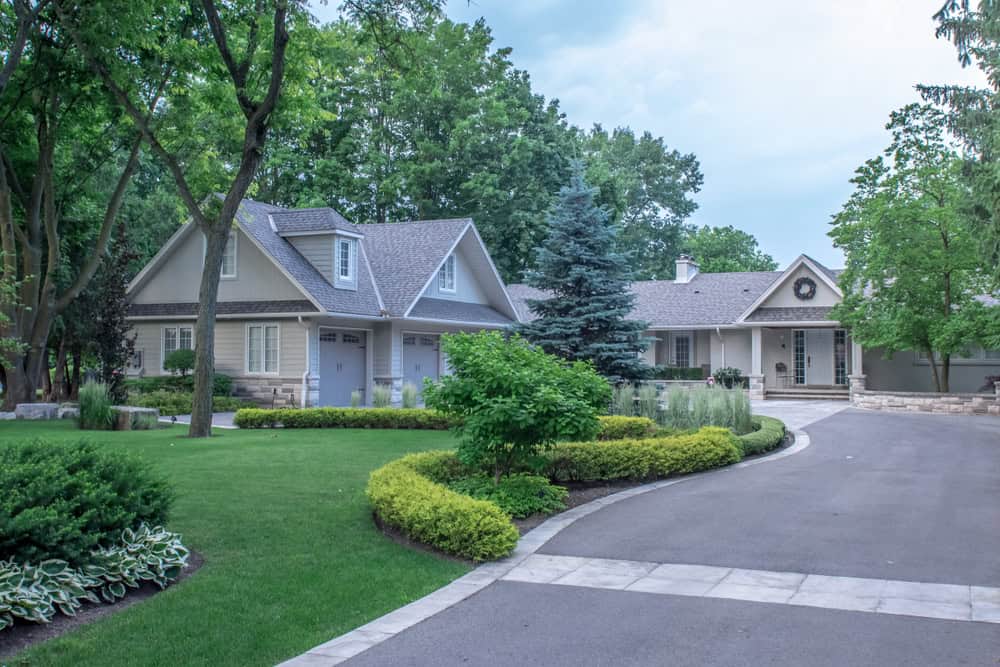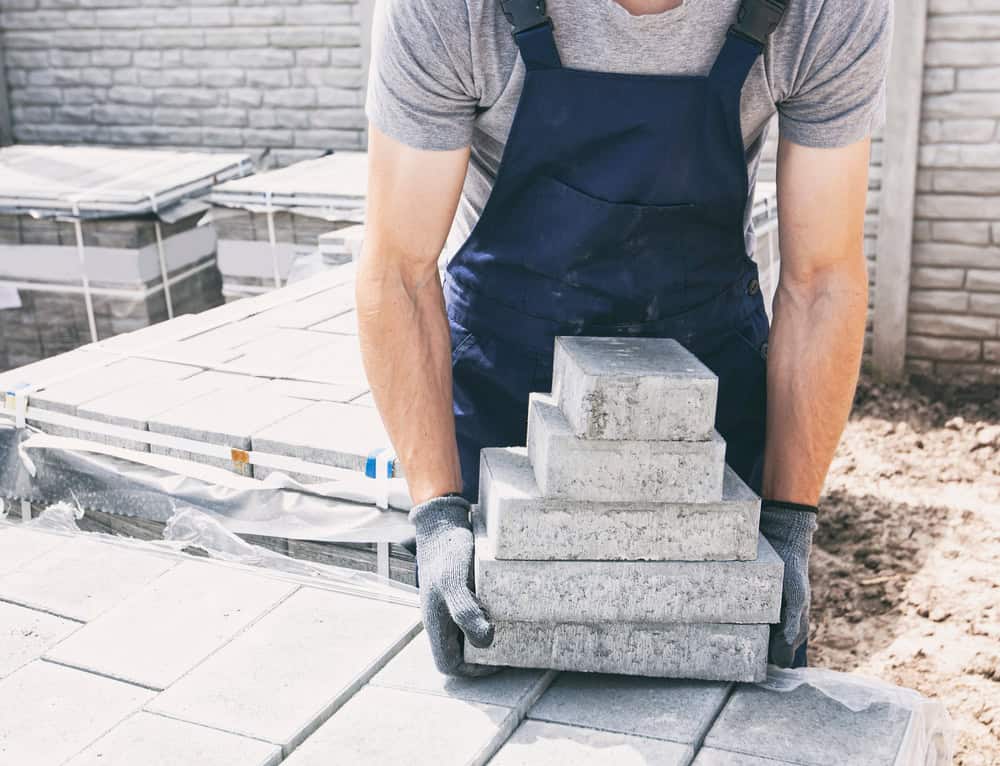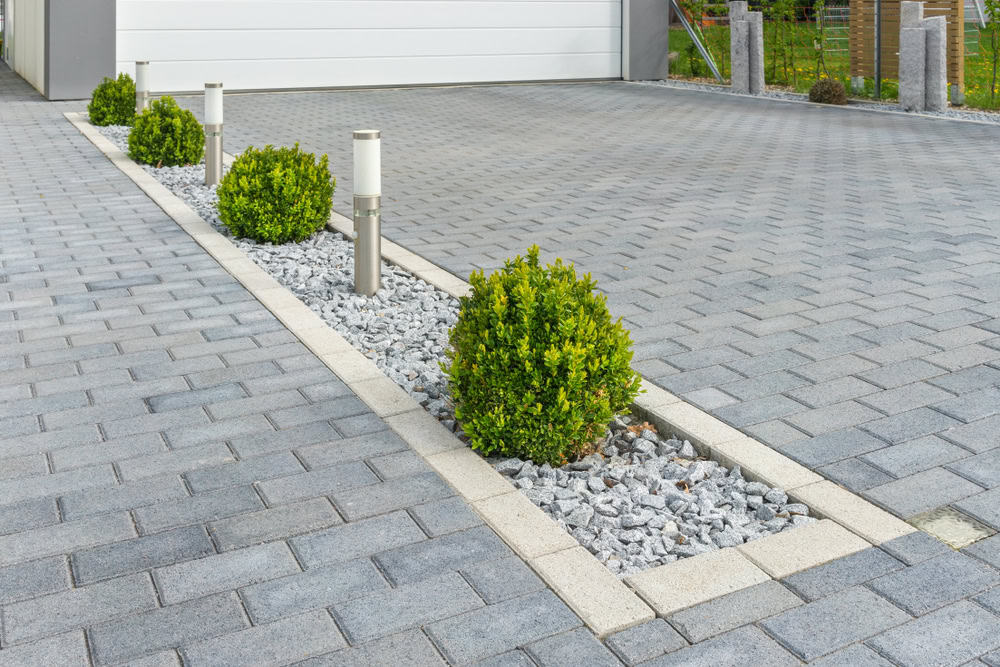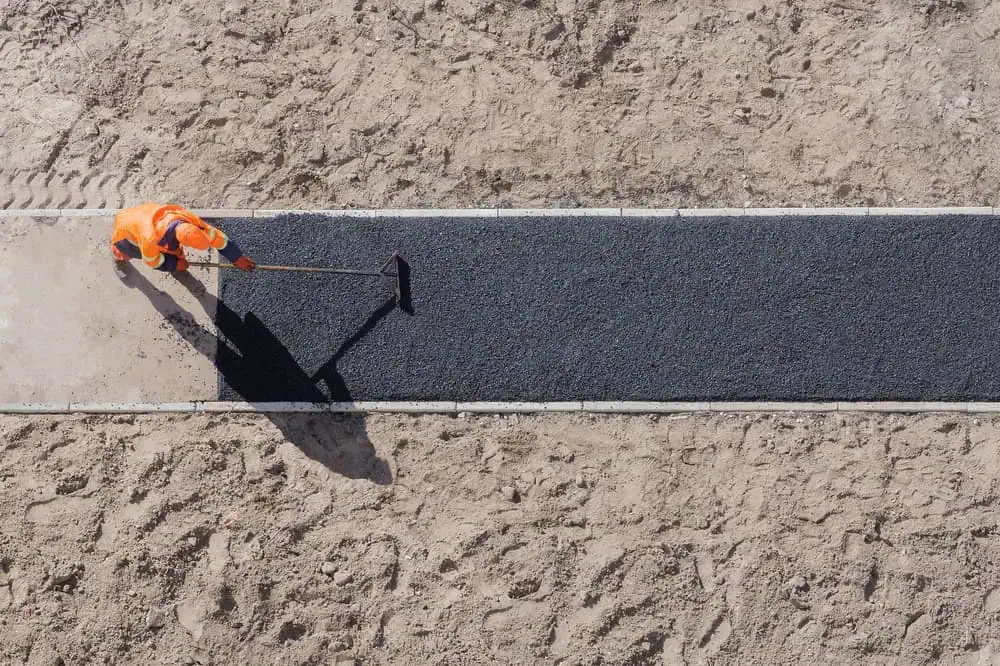Professional paver installation that handles New England weather while creating the outdoor space you’ve been planning.


You get a patio that looks exactly how you pictured it. No more staring at that boring concrete slab or patchy grass area where you wanted to entertain guests.
The right paver installation gives you a space that works in every season. Your morning coffee tastes better on a well-designed patio. Weekend barbecues feel more special when the setting matches the occasion.
Most importantly, you stop worrying about whether your investment will hold up. Properly installed pavers handle Brookline’s freeze-thaw cycles without the cracking and settling that ruin cheaper alternatives. You’re not dealing with major repairs three years down the road.
Academy Masonry has been handling paver installations throughout Brookline and the surrounding area for years. We understand how New England weather affects different materials and installation methods.
You’re working with contractors who know local soil conditions, drainage requirements, and building codes. We’ve seen what happens when corners get cut on base preparation or material selection.
Our approach focuses on doing the job right the first time. That means proper excavation, adequate base materials, and attention to details that prevent problems later.

First, we assess your space and discuss your vision. We measure the area, check drainage patterns, and identify any potential challenges before providing a detailed estimate.
Once you approve the project, we handle permits if needed and schedule the work. Excavation comes first – we dig to the proper depth and ensure adequate slope for drainage. The base layer gets installed and compacted to prevent settling.
Paver installation follows precise patterns and spacing. We use proper edge restraints and joint sand to lock everything in place. Final cleanup includes removing all debris and explaining basic maintenance to keep your new patio looking great.

Ready to get started?
Your paver installation includes proper base preparation, which many contractors skip to save time. We excavate to the right depth and use the correct base materials for long-term stability.
You get professional-grade pavers that handle Brookline’s weather extremes. We source materials from established suppliers and can show you exactly what different options look like in real installations around town.
Drainage solutions are built into every project. Poor drainage destroys paver installations, so we address water management from the start. You won’t deal with pooling water or ice buildup that creates safety hazards and damage.

Local Resources